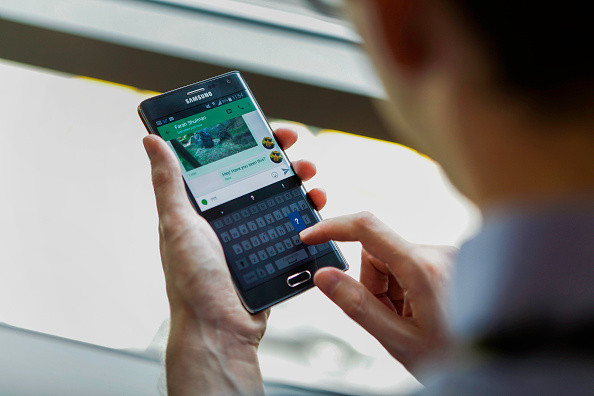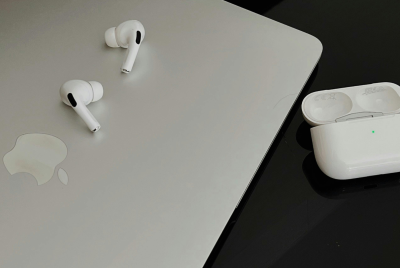Just 24 hours without notifications changes smartphone user behaviour for two years
Planned 30-day study was cancelled as no one volunteered to give up their notifications for a month.

A 2015 study asking participants to switch off smartphone notifications for one day had such a profound effect that now, two years later, some still live by new behaviour learned that day.
Called the Do Not Disturb Challenge, after Apple's Do Not Disturb feature, muting notifications on the iPhone, iPad and Mac, the study saw 30 people aged between 19 and 56 switch off all notifications on their devices for 24 hours, covering an entire working day. Phone calls were included, but participants were allowed to check their devices as often as they liked.
Even before the study began, lead researchers Martin Pielot of Spanish telecom Telefonica and Luz Rello of Carnegie Mellon University hit a roadblock: they originally wanted the experiment to last 30 days, but could not find anyone willing to switch notifications off for so long.
It was instead cut to one day, where 15 participants use their devices normally for 24 hours between one weekday evening and the next, while the other 15 switch notifications off. The two groups swapped roles the following day, then had a day to gather their thoughts, before being interviewed about the experience.
On the day without notifications, participants said they felt less distracted and more productive at work. But they also said the lack of notifications made them feel anxious, with missed calls from their boss the most pressing concern. Others reported how friends had become angry at their lack of involvement in a group chat about signing a birthday card, while another said his girlfriend was only ok about his delayed response because she knew he was taking part in the study and it would only last a day.
Some participants reacted very positively to being cut off from the outside world. One said: "It was amazing! I felt liberated!" while another remarked: "It was not a big deal, since I am usually not checking notifications and people know that I am not responsive."
Others, however, found 24 hours without notifications much tougher. "I was paranoid and I even left the screen on not to miss a friend's notification," one participant admitted. Almost half felt the need to check their devices far more often than normal, for fear of missing out. One said: "Because of the reaction of my friend, who got angry because I forgot to respond, I (spent) the whole afternoon with (my) phone in my hand." Many said they checked their phone every 30 minutes to make up for the silenced notifications.
After completing the experiment, participants said they would use the Do Not Disturb function (or similar systems on Android devices) in the future, with 11 saying they planned to disable notifications during specific times or activities. "When I need to really get things done, I need to turn notifications off," one said.
Then, two years later in April 2017, the 22 participants who said they would use Do Not Disturb were asked if they had stuck to this rule. Over half (13) said they had done so. One said: "I have followed through with my original plan of keeping only important messages from SMS, none from Facebook or other social media."
Locked in a dilemma
To conclude, the study states: "Our findings show that cultural practices around notifications have locked people in a dilemma: on the one hand, notifications have become integral to the tools that connect us with others, and they are needed to keep up with people's expectations. On the other hand, our participants became aware of the negative effects that notifications have on them and some started to devise coping strategies. Notifications as a channel to engage with people may be threatened if this dilemma is not addressed."
© Copyright IBTimes 2025. All rights reserved.






















